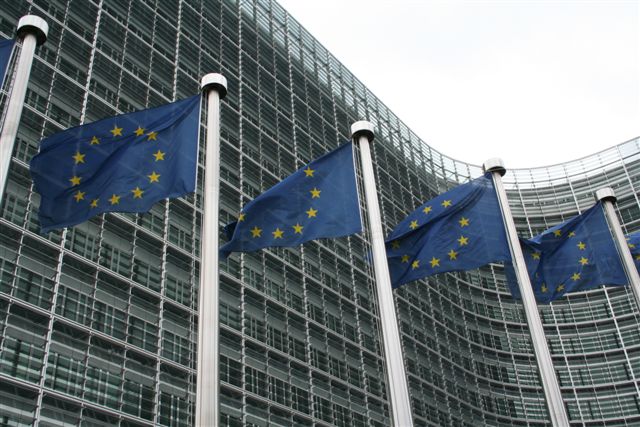
In a decision of 11 January 2016, the European Commission has concluded that the selective tax advantages granted by Belgium under its ‘excess profit’ tax scheme are illegal under European State aid rules. The tax scheme has benefitted at least 35 multinational companies who must now return unpaid taxes to Belgium. The European Commission estimates the total amount to be recovered to be around EUR 700 million.
The Belgian ‘excess profit’ tax scheme, applicable since 2005, allowed certain multinational companies to pay substantially less tax in Belgium on the basis of tax rulings. This tax scheme was based on the premise that multinational companies make so-called ‘excess profits’ as a result of being part of a multinational group, e.g. due to synergies, economies of scale, reputation, client and supplier networks, access to new markets. The scheme reduced the corporate tax base of the companies to discount for these ‘excess profits’. It therefore only benefitted certain multinational companies who were granted a binding tax ruling on the basis of the scheme, whilst stand-alone companies only active in Belgium could not claim similar benefits. In practice, the scheme reduced the corporate tax base of the beneficiary companies by between 50% and 90%.
The European Commission's in-depth investigation opened in February 2015 showed that the ‘excess profit’ scheme derogated from normal practice under Belgian company tax rules and the so-called ‘arm's length principle’. The scheme therefore gives beneficiary companies a preferential tax treatment that is illegal under European State aid rules. In addition, according to the European Commission, the scheme's selective tax advantages cannot be justified by the argument that the reductions are necessary to prevent double taxation because it does not require companies to demonstrate any evidence or even risk of double taxation. The European Commission finds that, in reality, the ‘excess profit’ scheme resulted in double non-taxation.
This decision confirms the European Commission’s strict attitude towards the Member States’ preferential tax deals. On 21 October 2015, the Commission decided that Luxembourg and the Netherlands have granted selective tax advantages to Fiat and Starbucks (see our previous news item). The European Commission also has three ongoing in-depth investigations concerning preferential tax rulings for Amazon and McDonald's in Luxembourg and Apple in Ireland.
Following the decision of the European Commission, the Belgian authorities are required to stop applying the ‘excess profit’ scheme. Moreover, in order to remove the unfair advantage the beneficiaries of the scheme have enjoyed and to restore fair competition, Belgium has to recover the unpaid tax from the at least 35 multinational companies that have benefitted from the illegal scheme. Which companies have benefitted from the illegal tax scheme and the precise amounts to be recovered from each company must be determined by the Belgian tax authorities. The European Commission estimates the total amount to be recovered to be around EUR 700 million.
For more information, the press release of the European Commission is available below. To find out whether and to what extent your organization may be impacted by this decision, you can also contact our State aid experts Pierre de Bandt and/or Jeroen Dewispelaere.